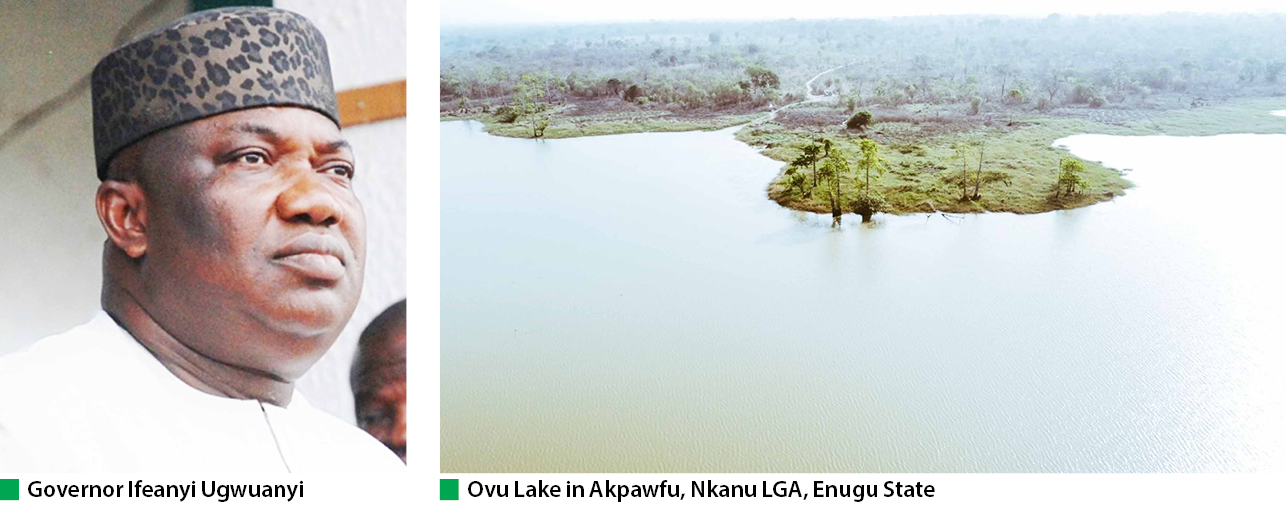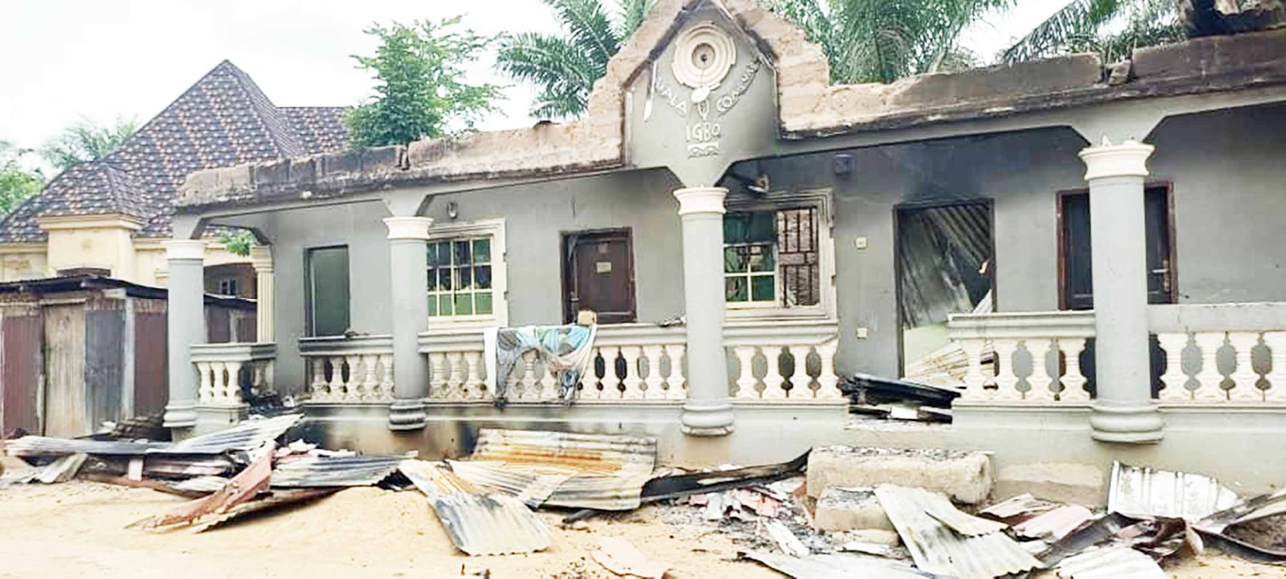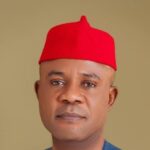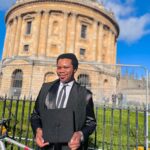In the early weeks of April, residents of Akpawfu village were stirred by fresh attacks from gunmen who invaded the hitherto peaceful, sleepy community in Nkanu East Local Government of Enugu State.
By the time residents confirmed the cause of the crisis to be the agelong land dispute among the two main families of Umu Anigbiyovo Oyiwode Akpawfu and Umu Ani Oyiwode Akpawfu, properties and several lives have been lost.
The area has become a ghost town as residents have all fled. Eyewitnesses narrate the horrors visited on the people as smoke was seen from burnt mansions and vehicles in this serene community with the potential of being a tourist paradise owing to the scenic Ovu Lake.
There are several accounts of the group behind the attacks, which witnessed an unspecified number of deaths. While sources claim some of the armed men were taken to Kogi State and “fortified” to attack the town, others claim the attackers belong to the Eastern Security Network (ESN), the militant arm of the IPOB.
Shettima commends Buratai’s fight against insurgency
Army to deploy 6,251 personnel to surmount internal security challenges – COAS
Narrating the violence, members of the Anigbiyovo Oyiwode family, Ikechukwu Udenawaeze and Felix Ani, identified some of those killed in their family in the land crisis as Ugochukwu Ede, Onovo Evu, Kakwekwe Agwu, Chijindu Ani and Joseph Onovo.

“On Friday 28th April 2023, they (gunmen) beat Ezenwanyi Nnenna John Be Ede and her son mercilessly with machete cuts before the two victims narrowly escaped with the injuries,” Udenwaeze said.
The sources urged the Government of Enugu State and the Federal Government of Nigeria to intervene and bring all those responsible for the mayhem to justice and restore peace in the community.
The crisis can be traced to 1988 when two separate but related original families of the community—the Anigbiyovo Oyiwode Akpawfu and Umu Ani Oyiwode Akpawfu, who were said to be descendants of Oyiwode, the progenitor of the town, started disputing the ownership of parcels of land.
The creation of three autonomous communities out of Akpawfu namely Ajame, Isiagu and Obodo Uvuru autonomous communities and the appointment of Igwe Christopher Nnamani as the Igwe of Ajame may have contributed to the escalation of the crises, according to the sources.
The sources said the dispute arose from selfishness and greed on the part of the Ani Oyiwode Akpawfu clan in 1988 when they “started claiming exclusive ownership of all the communal lands and started tagging the members of the Umu Anigbiyovo Oyiwode as strangers in Akpawfu or ‘Odenigbo’ in local parlance.”
Worried by the development, members of the Umu Anigbiyovo Oyiwode Akpawfu filed a suit before an Enugu High Court, they included Edeanu Nwavu, Omaba BeAbonyi, Ude Nweze, Okwudilu Ani, Godwin Nnaji, Ngene Ede, Daniel Agwu, Innocent Egbo, Emmanuel Egbo, Okechukwu Ani, John Onowo, Ani Nwogbodo.
In 1996, the court delivered its judgement where it held that the Umu Anigbiyovo clan were the joint owners of the lands alongside Ani Oyiwode Akpawfu in Ukor, Ukpolikpo, Uzam Ani, Be Autusi, Awululu, Ubia and Agba Ekpa, all in Akpawfu and delineated on the plan No. MG/AN.30/88.
The court, therefore restrained the respondents from “all those claiming through them are hereby restrained from further interference with the plaintiffs’ right of enjoyment as joint communal user of the land aforesaid.”
The Ani Oyiwode Akpawfu, who had always maintained that the Umu Anigbiyode clan are not from the same progenitor as they are but were settlers who paid them tributes in the past, were dissatisfied with the verdict of the high court and appealed the judgement and had it upturned at the Court of Appeal in Enugu because there was an error at the trial court.
But the Supreme Court in its leading judgment in December 2008 by Justice Walter Onnoghen, held that the ‘error’ by the trial court in shifting the burden of proof to the respondents, the Ani Oyiwode, should not warrant the dismissal of the case and therefore the trial court did not ‘goof’ in its findings on the joint land ownership.
Speaking with journalists, Igwe Christopher Nnamani, who is the Adamagu of Akpawfu, said he was not aware of the actual cause of the latest violence as “all I know is that we saw some people coming from their hideouts killing and burning houses.”
“We later discovered that they are indigenes and not members of the Indigenous Peoples of Biafra (IPOB) as we initially thought. We were able to report to the government. They killed the neighbourhood chairman; they also killed my first chief security officer and abducted the second and we are yet to see him. They repeated the attack three days ago and killed some other people whose corpses are in the mortuary now. They killed my Palace Secretary, Ifeanyi Ogbodo, and attacked Hon Sunday Igwe. He is still in the hospital,” he said.
“The last time a combined team from 82 Division invaded the forest, they escaped, but they later discovered stolen vehicles and a hidden satellite camera from which they monitor the movement of security men from their point of espial. We then understood why they were always escaping the grip of security men. They monitor them coming through the hidden cameras. One was recovered at Akpugu, close to Holy Angels. They put the cameras in strategic places.”
The king also denied some accounts that blamed him for the crisis because, according to the narrators, he wanted to eliminate persons identified as Osu or outcasts in Nkanu. There were accounts that he precipitated the attacks and killings of some people he tagged as outcasts, just to make sure that they are wiped out of the community which comprises the three clans of Ajame Akpawfu, where he comes from, Ishiagu Akpawfu and Obodo Uvuru Akpawfu.
“We don’t have Osu (outcasts) in Nkanu. What we had before was Ohu (slaves) in Nkanu, but we have abolished it because we are Christians,” he said.
“That I precipitated the attack is a baseless allegation because we don’t have Ohu any longer. We have the names of the people that perpetrated the attacks and we have reported them to the government. We also called their parents and reported them to their families. They live in a forest where the government invaded and discovered nine stolen vehicles. A combined team of the Army and Air Force invaded the forests and each time they escaped.
“The place is completely deserted. Nobody goes in there. You are in Enugu or Emene, which is 25 kilometres away. We are appealing to the government to come to our aid because these people are dangerous. They are still hiding in the bushes. I am staying in Enugu because the area is not safe for me.”
Reacting to the development, the Chief Press Secretary to Governor Ifeanyi Ugwuanyi of Enugu State, Mr Chuks Ugwuoke, told Daily Trust Saturday that since it’s a security matter, only the police or the Special Adviser, Media could comment on it. He promised to send the phone number of the SA Media, but as at the time of filing the report, he was yet to do so.
When the Public Relations Officer of the Nigeria Police Force, Enugu State Command, Daniel Ndukwe, was contacted, he told our correspondent to send him a text of what he is seeking answers to, but did not reply after the message was sent to him.
For now, natives of Akpawfu all over the country are praying for peace to be restored to their community so that they will continue to benefit from the developmental advantages of being close to Enugu metropolis and with a rich untapped tourism haven in the Ovu Lake.

 Join Daily Trust WhatsApp Community For Quick Access To News and Happenings Around You.
Join Daily Trust WhatsApp Community For Quick Access To News and Happenings Around You.

